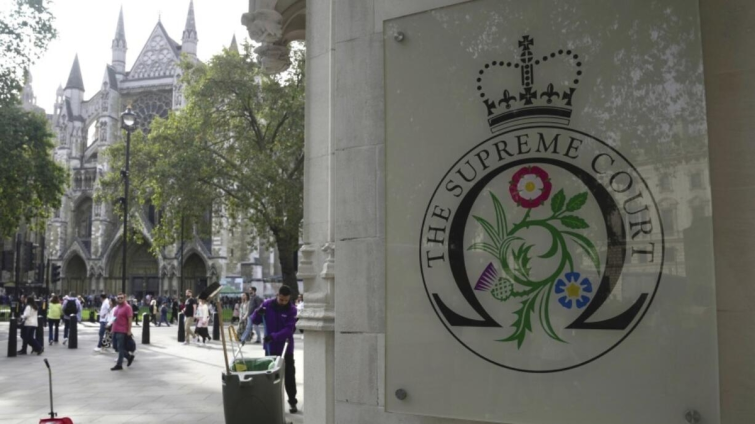October 10, 2023
London, UK – The UK High Court judges have declared the UK government’s contentious plan to deport migrants to Rwanda as lawful, sparking both debate and concern over the country’s immigration policies.
This decision comes after three appeal court judges in London initially blocked the deportation plan in June, citing concerns about Rwanda’s safety as a third-country destination for asylum seekers.
During a three-day hearing at the Supreme Court, James Eadie, representing the interior ministry, conceded that Rwanda might be considered “less attractive” than the UK but emphasized that it was “nevertheless safe.” He pointed out that both the UK and Rwanda were committed to ensuring the success of the deportation plan, providing assurances about its practical implementation.
The policy to deport failed asylum seekers to Rwanda has been at the center of the UK government’s efforts to reduce migrant numbers, particularly addressing the issue of “small boats” crossings from northern France and a growing backlog of asylum claims.
More than 25,000 individuals have been intercepted while attempting to cross the English Channel on dinghies and other unsuitable vessels this year alone. The government sees the Rwanda deportation plan as a crucial deterrent to these dangerous crossings.
Prime Minister Rishi Sunak’s government has faced sustained pressure to address this issue and regain control of the country’s borders, a promise made during the Brexit campaign. The Rwanda deportation agreement was originally signed under the leadership of former Prime Minister Boris Johnson, but legal challenges last year blocked the first removal flights.
The appeal court judges in June expressed concerns about the UK government’s inability to guarantee that asylum seekers sent to Rwanda would not face deportation back to their home countries, where they might encounter persecution or inhumane treatment. These concerns led to the initial blockage of the plan.
Despite the legal challenges and criticisms from human rights activists and asylum seeker support groups, the UK government remains determined to pursue the policy. It is reported that ministers are privately confident of winning the case and are already preparing plans to deport over 4,000 migrants before the upcoming general election expected next year.
The Home Office aims to conduct the first deportation flight in February 2024, as a signal to discourage people smuggling gangs from using the Channel route.
However, the main opposition Labour party, currently leading in the polls, has announced its intent to drop the Rwanda deportation plan if elected. Labour leader Keir Starmer, a former human rights lawyer and chief state prosecutor, has described the scheme as “hugely expensive” and “wrong.”
The ruling by the UK High Court has reignited the debate over immigration policies in the country, with both supporters and critics closely watching the developments. The final outcome of this controversial plan will undoubtedly play a significant role in shaping the future of immigration policy in the United Kingdom.
















